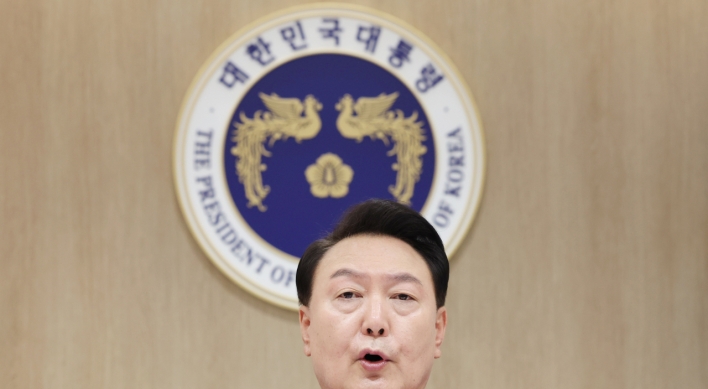
Today marks one year since Russia launched a full-scale invasion of Ukraine on Feb. 24, 2022. US President Joe Biden marked the occasion by making a surprise visit to Kyiv to underscore the depth of the US commitment to Ukraine. The day after Biden’s visit, Russian President Vladimir Putin gave a speech saying that Russia will continue the war indefinitely. He also stated that Russia would suspend the New START (Strategic Arms Reduction Treaty) with the US that caps its number of intercontinental ballistic missiles, thus raising tensions with the US.
The past year has seen much loss of life and suffering, but the trend has pointed in Ukraine’s favor. In the weeks that led up to the invasion, many leaders and experts believed that it would not happen or that it could be averted. Once the invasion began, many believed the Ukraine would capitulate within days, but glimmers of hope began to appear as the pace of the Russian advance toward Kyiv began to slow. By summer, Ukrainian forces began to retake land, turning the tide of the war. By late fall, the Ukrainian counteroffensive began to stall, leaving an uneasy stalemate. Fearing a new Russian offensive, Ukrainian President Volodymyr Zelenskyy has worked successful to secure more advanced weapons from Western allies.
Fears of a broader war that might involve the use of nuclear weapons have ebbed and flowed over the past year. Putin has hinted that he is willing to use them. He has also hinted that he has ambitions beyond Ukraine. Nations bordering Russia fear that they may be next. NATO members Poland and the Baltic states have pushed to strengthen the alliance, while Finland and Sweden, long proud of their neutrality, are on the verge of joining NATO. The European Union and NATO are more united in their commitment to collective security than they have been since the early 1980s when Cold War tensions ran high.
The solidarity among NATO, EU and other close US allies, including South Korea, has succeeded in bolstering Ukraine and helping it repel the Russians. Economic sanctions have hurt the Russian economy, but as is often the case, they have not produced a change in behavior because too many other nations are not participating in the sanctions. China and India, the second- and fifth-largest economies in the world, respectively, continue to trade freely with Russia.
One year into the war, talk about how it will end has increased. Experts have generously offered various scenarios of how it could conclude. World leaders have been quiet, but behind the scenes, they are beginning to consider what the postwar period might look like. At present, both sides will continue to fight as long as they have the capability to do so. A change in capability on either side would shift the direction of the war decisively.
For Russia, the question of capability centers on how long Putin can maintain support for the war and control over the country. This makes expanding the war less likely and the use of nuclear weapons even less likely. As long as he has few challenges at home, Putin can keep the focus of the war on Ukraine in the hope that Western support fades with time.
For Ukraine, meanwhile, its capability relies on continued support from the US and European allies. Ukraine has the resolve to fight, but Western military and economic aid remains crucial to Ukraine’s survival.
Domestic politics in the US and European countries could end up eroding support for Ukraine. In the US, for example, the Trumpian wing of the Republican Party has become increasingly critical of US support for Ukraine. In the upcoming battle for the Republican nomination, candidates, including Donald Trump himself, will complete for those votes. Comments critical of US support for Ukraine have already begun to eat away at bipartisan support.
President Biden, meanwhile, plans to run for reelection, but his approval ratings remain below 50 percent, which makes any incumbent vulnerable. Democratic voters are worried about his age and whether another candidate has enough appeal to win. Putin knows all of this, which gives him hope that he can outwait and outwit his opponents.
Biden, of course, knows what Putin is thinking, which is why he visited Kyiv. He also knows that he must gain the upper hand going into the 2024 election so that he can press Russia to end the war. And he knows that success or failure will define his place in history.
Robert J. Fouser
Robert J. Fouser, a former associate professor of Korean language education at Seoul National University, writes on Korea from Providence, Rhode Island. He can be reached at robertjfouser@gmail.com. -- Ed.
-
Articles by Korea Herald




















